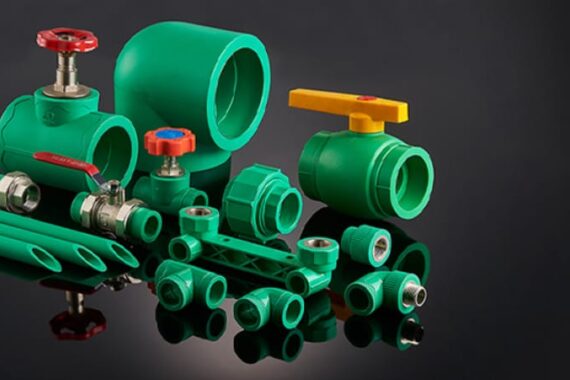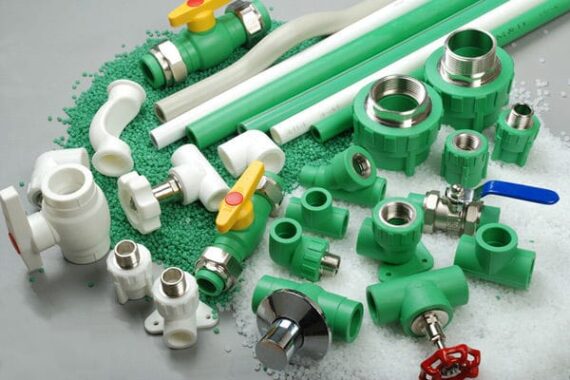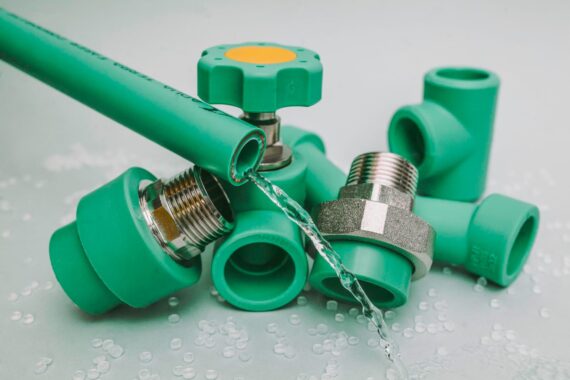Call Anytime
PPR Fittings
Our selection of pipes comes in various sizes and specifications to suit the needs of our clients. They are commonly used in agriculture for irrigation purposes and are also suitable for plumbing, industrial, domestic, and technical applications.
PPR Pipes & Fittings
PPR piping, commonly referred to as polypropylene random copolymer piping, is a kind of plastic piping frequently used in plumbing and heating systems. These pipes are renowned for their resilience to chemicals and long-lasting operation. For connecting, regulating, and directing the flow of liquids and gasses, PPR pipe fittings are used in combination with PPR pipes. These fittings, which are likewise composed of polypropylene, are renowned for their ease of installation, resistance to rust, and ability to seal off leaks. Plumbing systems in homes, businesses, industrial, and agricultural settings frequently include PPR pipes and fittings.
The Versatility and Durability of PPR Pipes
PPR pipes provide a number of benefits, including the ability to withstand high temperatures and pressures, making them appropriate for both hot and cold water systems. They can endure pressures of up to 25 bars and temperatures up to 95 °C. It makes them the perfect option for use in industrial operations that call for high temperatures and pressures and plumbing and heating systems in buildings. he fact that PPR pipes and fittings are resistant to a variety of substances, such as acids, alkalis, and organic solvents, is another perk. It makes them a good option for use in industrial settings where the pipes and fittings may come into touch with severe chemicals, including chemical processing facilities.


The Ecological Advantages of PPR Pipes and Fittings
PPR pipes and fittings are appropriate for both residential and commercial plumbing applications since they are lightweight and simple to install. They also have a long service life and are corrosion-resistant. PPR pipes and fittings are also ecologically sound because they are made of non-toxic, lead-free materials.
The Ecological Advantages of PPR Pipes and Fittings
PPR pipes and fittings are appropriate for both residential and commercial plumbing applications since they are lightweight and simple to install. They also have a long service life and are corrosion-resistant. PPR pipes and fittings are also ecologically sound because they are made of non-toxic, lead-free materials.

The Perfect Choice for High-Temperature and High-Pressure Applications
PPR pipes and fittings vary from other kinds of pipeline materials in a number of distinctive ways. One of their primary characteristics is their great resistance to thermal expansion and contraction, which makes them perfect for use in high-temperature and high-pressure applications. They are also well suited for usage in environments with significant mechanical stress because of their great resilience to impact and abrasion. PPR pipes and fittings may be utilized at high operating temperatures and can handle high internal pressure. They can also be twisted and curved to fit through small areas and around obstacles since they are quite flexible.

Company
- © Copyright 2024 by Arastco.com

